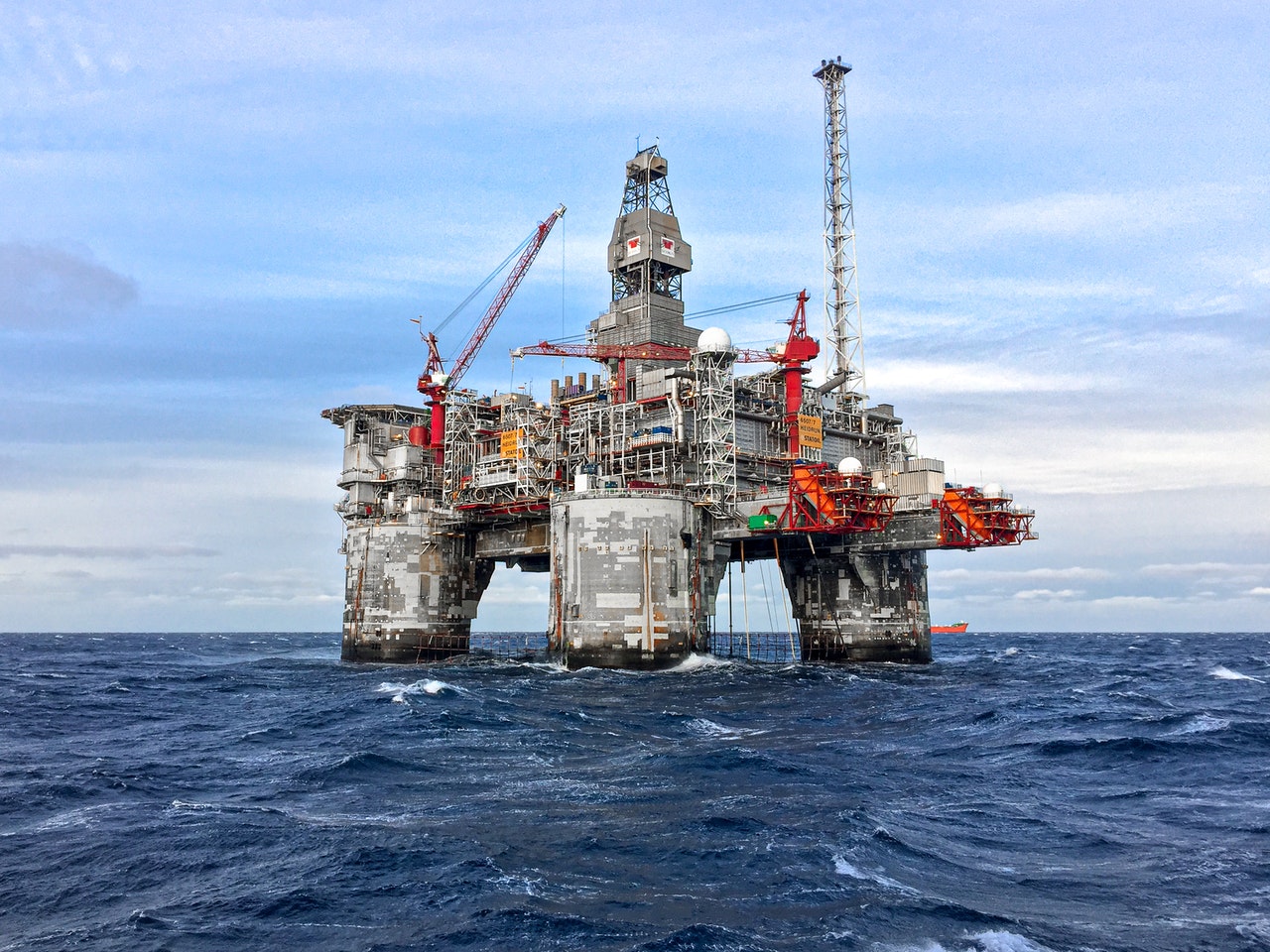G7 countries, on average, invest almost as much money in climate-damaging fuels – coal, oil and gas, as in the development of renewable energy sources, the German television channel ZDF notes.
Citing a study by the New Economics Fund, the environmental organization Greenpeace reported that the seven leading industrialized countries are not investing even ten percent of the amount necessary to decisively promote climate-friendly economic restructuring and limit global warming to below 1.5 °. C if possible.
In Paris in 2015, the world community set itself the goal of limiting global warming to 1.5°C compared to the pre-industrial era, recalls ZDF.
Before the G7 summit in Elmau in Bavaria, which starts on Sunday and in which climate change will play a central role, Greenpeace energy expert Jonas Ott issued a critique. “It is impossible that rich industrial countries continue to invest huge sums in energy, which destroys the basis of all our life,” he stressed.
To reach the 1.5°C target, all resources must be directed towards expanding the use of renewable energy instead of continuing to promote fossil fuels. Renewables include hydropower, solar and wind energy, and biomass and geothermal energy, the German TV channel explains.
According to the analysis, between 2015 and 2021, Germany spent about €88 billion annually on fossil fuels from Russia – and only about €26 billion per year on switching to renewable energy sources. The study says that Germany will have to invest about €119 billion annually to meet its climate goals.
According to studies, the gap between planned and required investments in climate protection is even more prominent in countries such as Canada, Japan, and the United States.
To achieve climate goals, the United States will have to multiply its annual investment in the energy transition many times. Accordingly, about 40 times more funds should flow into renewable energy sources annually than hitherto.
“The analysis clearly shows that the major industrial nations are not living up to their responsibility to create a climate-fair world,” criticizes Greenpeace’s Jonas Ott.
The G7 is challenged to invest significantly more in renewable energy and initiate a global energy transition through its technological innovations.
Therefore, Greenpeace expects a clear commitment from the G7 countries to phase out coal by 2030. “We must stop burning coal no later than 2030 in all these large industrialized countries, even if individual power plants operate for several months longer,” said the head of the organization, Martin Kaiser.
In his opinion, this will serve as an essential signal for China and India, which are still very dependent on coal, according to the German TV channel ZDF.

